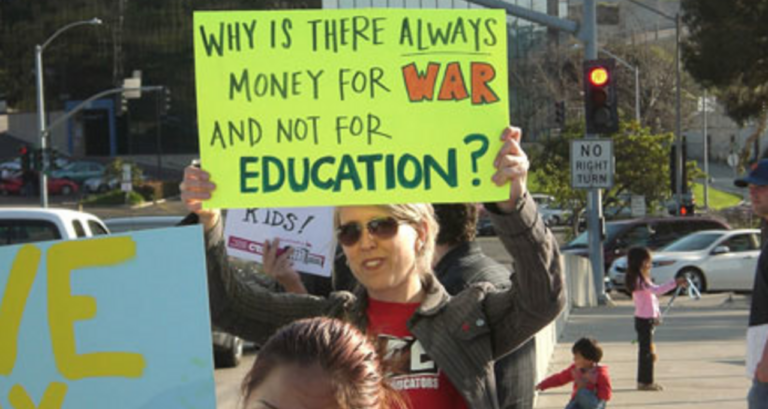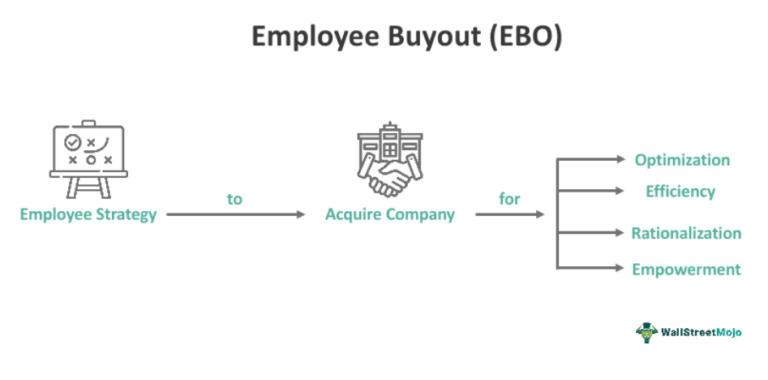
Audience
- Sentiment: Mixed
- Political Group: Business Republicans
- Age Group: 30-50
- Gender: Male
Overview
- Jamie Dimon advocates for a return to in-office work, arguing that teamwork and collaboration are essential for productivity.
- His direct communication style is polarizing, as some appreciate his honesty while others find it abrasive.
- The article discusses the ongoing debate between remote work flexibility and the need for in-person collaboration.
Jamie Dimon: The No-Nonsense CEO of JPMorgan and His Take on Remote Work
When you hear the name Jamie Dimon, certain words might come to mind: powerful, decisive, and, above all, straightforward. As the CEO of JPMorgan Chase, one of the largest financial institutions in the world, Dimon carries a lot of weight in the business sector. So, when he speaks, people tend to listen—especially when he’s using his characteristic blunt language. Recently, he made headlines during a Town Hall meeting in Columbus, Ohio, for his bold opinions on work-from-home policies, specifically regarding the ongoing debate about remote work.
Being a leader in a company of this scale means making tough decisions, and Dimon doesn’t shy away from sharing his thoughts, even when they’re controversial. In an age where work-from-home became the norm due to the pandemic, many companies, including JPMorgan, adapted to remote work paradigms. However, Dimon isn’t a fan of this approach, particularly as we’ve gradually returned to a sense of normalcy. He wants his employees back in the office.
The Work-from-Home Debate
In recent years, especially since the COVID-19 pandemic, the way we think about work has transformed. Many businesses quickly adapted to remote work, and some employees loved the flexibility it offered. Imagine waking up, grabbing your favorite breakfast, and settling into your home office without the stress of a long commute. For a lot of people, remote work has been a dream come true! But for executives like Jamie Dimon, who believe that teamwork and in-person collaboration are essential for success, the remote work model can seem less than ideal.
During that memorable Town Hall meeting, Dimon made his stance clear with his notorious straightforwardness. “And don’t give me this shit that work-from-home Friday works,” he said, adding a touch of color to his language. At first glance, his comments might seem abrasive. Still, they reflect a deeper belief that real productivity and innovation happen when people are physically present with one another. He placed significant emphasis on the importance of being in the same room, brainstorming ideas, and developing a strong team culture.
Directness: A Double-Edged Sword
Dimon’s high-profile career isn’t without its challenges. Using direct language can be empowering and engaging for some, but it can also rub people the wrong way. Consider the way different people communicate: some are super friendly and use softer language to keep things pleasant, while others are blunt and get straight to the point. Both styles have their merits, but Dimon has often chosen the latter. This comes with a reputation that can be polarizing.
For employees at JPMorgan, Dimon’s communicative style might be refreshing for some and tough for others. Most people appreciate honesty over sugar-coated words. Limitations of fluff make it easier to understand company strategies and policies. However, hard-hitting comments can also create an uncomfortable atmosphere. When Dimon dismissed an employee petition against his return-to-office policy—stating, “Don’t waste time on it. I don’t care how many people sign that f—-ing petition”—it exemplified the intense corporate culture that JPMorgan embodies.
The Power of Corporate Leadership
It’s important to think about the influence a CEO like Dimon has, not just within his company but across the entire business landscape. Many leaders look to him for guidance, and his decisions can set trends across multiple industries. When he takes a stand, people pay attention. This could spark conversations and debates about what work-life balance should look like moving forward, how teams collaborate, and how businesses adapt to new challenges.
In a world increasingly driven by technology, flexibility is appealing. After all, isn’t it wonderful to work in pajamas while sipping your morning coffee? But is that really as effective as face-to-face collaboration? Dimon seems to believe we need to bring back the spontaneous conversations and quick decision-making that often happen in office settings. There’s a significant difference between chatting with your coworkers over lunch and sending them a quick message via Slack.
Reactions from the Public
Doubling down on his stance against remote work, Dimon’s comments ignited widespread reactions—more than 1.7 million people listened to his audio clip on Barron’s! What a number! People are drawn to powerful personalities, especially when they express their opinions candidly. While some support Dimon’s push for a return to physical office spaces, others argue that the remote work model offers flexibility that can enhance productivity and job satisfaction.
For instance, many employees appreciate the time saved from commuting. Working from home allows people to spend more time with family, pursue hobbies, or even take that mid-afternoon stroll. Employees may argue that their performance hasn’t dipped while working from home; instead, they’ve found creative ways to manage their time better. So, there’s a question of balance here.
Blending Perspectives
Perhaps the ideal solution lies somewhere between Dimon’s insistence on returning to the office and employees’ desire for flexibility. It’s important to recognize that each worker has different preferences and life situations. One size doesn’t fit all in terms of work arrangements. Some people thrive in a collaborative, in-person environment, while others are highly efficient and productive in a remote setting. Companies may benefit from introducing hybrid models that cater to a variety of needs.
Imagine a workplace where employees can choose how often they come into the office. Maybe once or twice a week for brainstorming sessions and collaborative projects while having the flexibility to work from home on other days. Leaders like Jamie Dimon, along with employees, can work together to find the best way forward.
Conclusion
Jamie Dimon represents a bold and decisive leadership style, one that lacks pretension but digs straight to the heart of the matter. His comments on remote work have sparked ongoing conversations about the future of work in an increasingly digital world. Should we wholly embrace the remote work model, or should we push for a return to the office?
At the end of the day, each viewpoint holds weight, and it’s worth having discussions about what works best for companies and employees alike. So, what do you think? Is Jamie Dimon right with his call for a return to in-person work, or do you believe the remote work model should be here to stay? Share your thoughts in the comments below!





